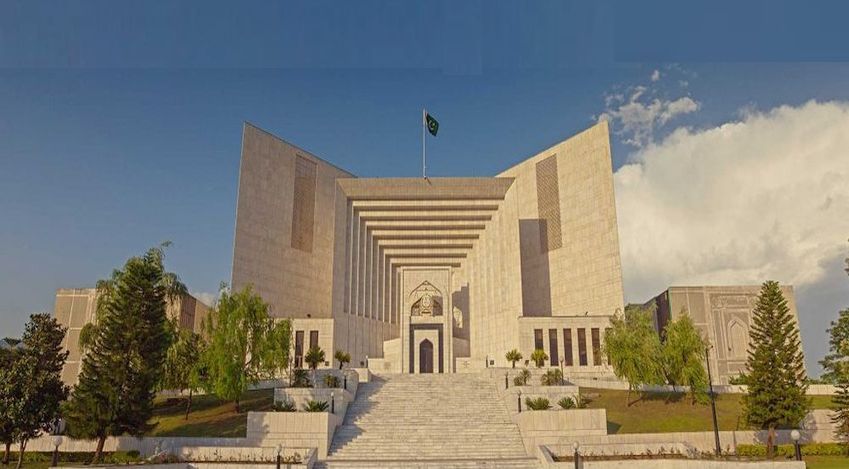Any Reasonable Doubt must be Resolved in favor of the Accused --- Supreme Court of Pakistan
Islamabad 17-08-2024: In a significant ruling, the Supreme Court of Pakistan acquitted Zafar Ali Abbasi, who had been sentenced to death for the murder of Muhammad Sabeel, after finding serious flaws in the prosecution's case. The Court's decision overturned the judgments of both the Lahore High Court, Rawalpindi Bench, and the Additional Sessions Judge, Rawalpindi, highlighting critical issues related to the credibility of eyewitnesses, mishandling of evidence, and improper investigation procedures.
Zafar Ali Abbasi was convicted and sentenced to death under Section 302(b) of the Pakistan Penal Code (PPC) for allegedly stabbing Muhammad Sabeel to death in 2010. The conviction was primarily based on the testimonies of two eyewitnesses Shakeel Ahmed Abbasi, the complainant, and Raja Azhar Azeem. The Lahore High Court upheld the conviction in 2016, leading Abbasi to appeal to the Supreme Court.
The Supreme Court, in its judgment, found multiple inconsistencies and procedural lapses in the prosecution's case, which raised reasonable doubt about Abbasi's guilt. The Court particularly noted the following:
1. Eyewitness Testimony: The Court questioned the credibility of the eyewitnesses, whose conduct during the crime appeared unnatural and improbable. Despite being close to the crime scene, they did not attempt to intervene or apprehend the accused. This cast doubt on whether they were present at the scene of the crime.
2. Medical Evidence: The postmortem report, which indicated the presence of rigor mortis and semi-open eyes, contradicted the prosecution's claim that the injured was immediately taken to the hospital. The medical evidence suggested that the victim had been left unattended for a considerable time after the attack, further weakening the prosecution's case.
3. Recovery of the Weapon: The Court found the recovery of the alleged murder weapon, a dagger, to be dubious. The proper legal procedures for documenting the recovery were not followed, and inconsistencies in the description of the weapon raised further doubts about its evidentiary value.
4. Investigation Flaws: The Court criticized the investigation for being incomplete and potentially biased. Key witnesses, such as the bus driver and conductor who allegedly witnessed the crime, were not produced in Court, and their statements were missing from the case file. The Court suggested that these omissions could indicate an attempt to manipulate the investigation to frame the accused.
5. Timing of FIR: The timing of the First Information Report (FIR) was found to be suspicious. The FIR mentioned Section 302 of the PPC while the victim was still alive, raising concerns that the report was backdated to cover up delays in its registration.
6. Motive: The Court found that the prosecution failed to establish a clear motive for the crime. Conflicting statements about the motive further undermined the case against Abbasi.
In light of these findings, the Supreme Court ruled that the prosecution had failed to prove its case beyond a reasonable doubt. The Court emphasized the principle that any reasonable doubt must be resolved in favor of the accused. Consequently, the Court set aside the convictions of the lower Courts and ordered Abbasi's immediate release, provided he was not required in any other case.
This ruling underscores the importance of thorough and unbiased investigations and the need for Courts to critically evaluate the credibility of evidence, especially in capital cases where the stakes are life and death.
Legal experts believe that this judgment will have far-reaching implications for the conduct of criminal investigations and the evaluation of evidence in Pakistan. It serves as a reminder that the justice system must prioritize accuracy and fairness, especially in cases involving the death penalty.
Powered by Froala Editor








